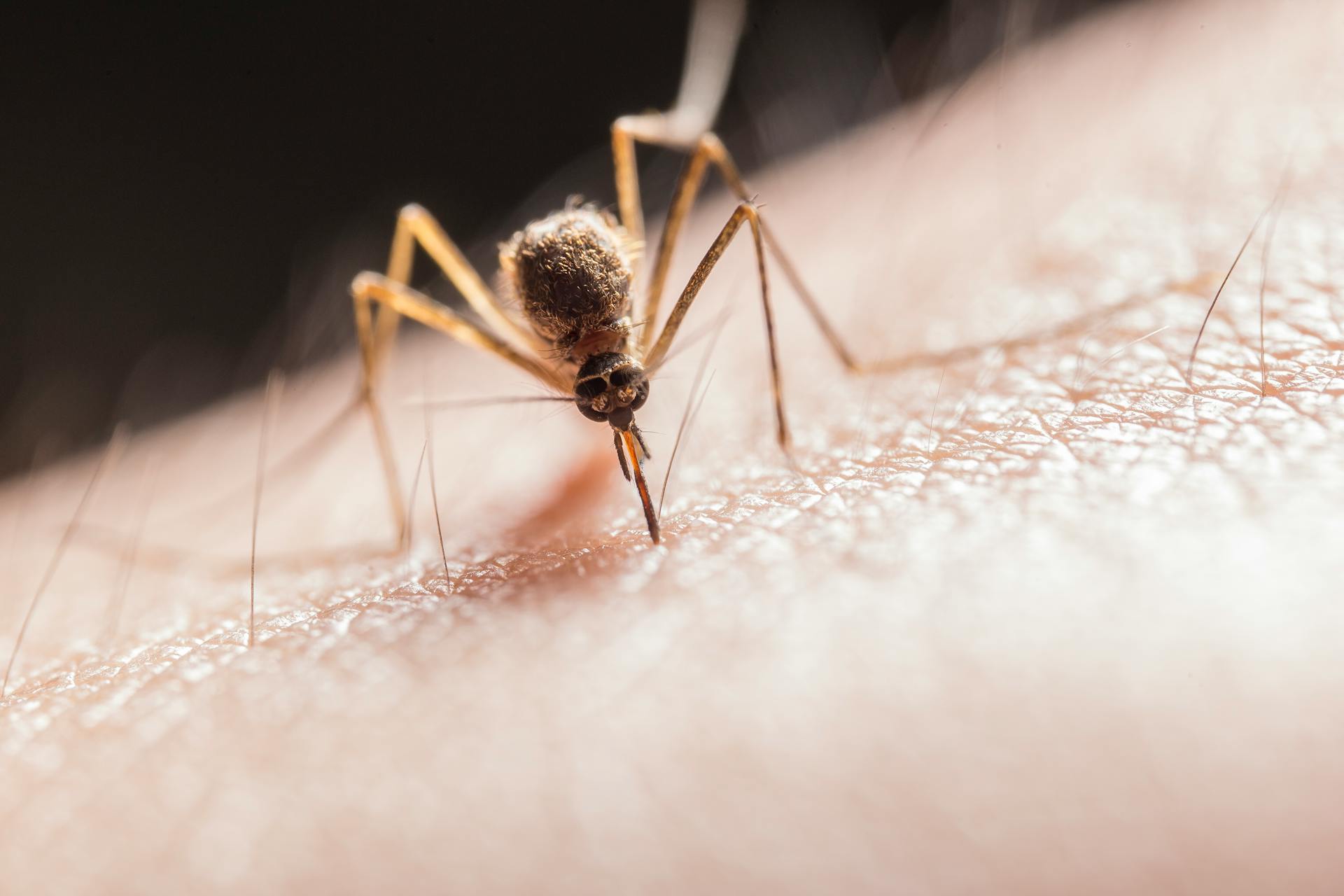Early Detection is Key to Fighting Dengue
Dengue fever symptoms can appear 4-10 days after being bitten by an infected mosquito. Early detection and prompt medical care can help manage the illness and prevent complications. Use our Symptoms Checker to identify common symptoms of dengue and understand when to seek medical help.
Common Symptoms of Dengue Fever
-
High Fever
A sudden high fever, often reaching 104°F (40°C), is one of the first signs of dengue. The fever may last for several days and can come on very quickly. -
Severe Headache
An intense headache, often centered behind the eyes, is a hallmark symptom of dengue.
-
Pain in Muscles and Joints
Severe muscle and joint pain, often referred to as “breakbone fever,” is a common symptom and can make the body feel very achy and fatigued. -
Nausea and Vomiting
Persistent nausea or vomiting is often reported in dengue cases, which can lead to dehydration if left untreated. -
Skin Rash
A red rash may appear 2-5 days after the fever begins, often spreading across the chest, back, and sometimes the face. -
Fatigue and Weakness
General fatigue and a sense of weakness or exhaustion are common, often lasting even after other symptoms subside.
Signs of Severe Dengue
In some cases, dengue can progress to a severe form known as Dengue Hemorrhagic Fever (DHF) or Dengue Shock Syndrome (DSS). These symptoms require immediate medical attention:
- Severe abdominal pain
- Persistent vomiting
- Bleeding from gums or nose
- Blood in vomit or stool
- Rapid breathing or shortness of breath
- Fatigue or restlessness
If you or someone you know exhibits any of these severe symptoms, seek emergency medical help right away. Severe dengue can be life-threatening without prompt treatment.
What to Do If You Have Symptoms
- Get Tested: Consult a healthcare professional and request a blood test to confirm if it is dengue. Testing is essential, as early diagnosis can help prevent complications.
- Stay Hydrated: Drink plenty of fluids to stay hydrated, especially if you experience vomiting or diarrhea.
- Rest: Allow your body to recover with plenty of rest. Avoid physical activities that can worsen symptoms.
- Avoid Pain Relievers like Aspirin: Some pain relievers can worsen bleeding. Only take medications prescribed by your doctor.
Monitor Your Health
If you or a family member has been diagnosed with dengue, monitor your symptoms closely. Severe symptoms can develop quickly, so it’s essential to be vigilant and seek help if symptoms worsen.
Stay Informed with Dengue Warrior
Our mission is to provide you with up-to-date information to stay safe and healthy. For more tips on prevention and treatment, explore our resources or contact a healthcare professional for personalized guidance.

